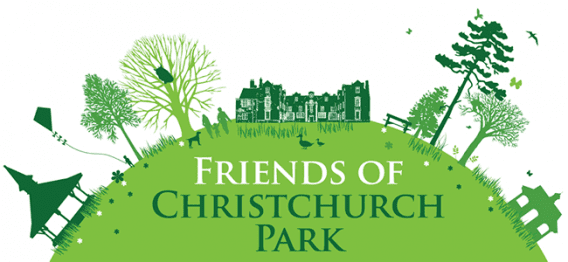Surprisingly, my piece last time about the dumping of crabs on the foreshore near Orwell Bridge, brought much comment. Not about the crabs themselves, or the waste of such a delicious delicacy, but about my theory that not many people these days are capable of ‘dressing’ a crab. Yes, indeed, I stand corrected, there are people out there who take pride in picking out every piece of both brown and white meat. I recently watched Celebrity Chef, James Martin, prepare quite a large crab taken from the waters that swirl around the Shetland Isles. He cracked open the large claws, but discarded the smaller ones, scooped away the crab’s body but threw away its ‘box’. “Beautiful crab”, he declared. Idiot, I thought. Carrying on with this theme (vaguely), a heading in the EADT of 18 Feb read: “Sewer drain full of Yorkshire puddings”. I stared at the date once again. No, it was not April 1st. Anglian Water found this drain in Ipswich inexplicably stuffed with this waste food and are appealing for people not to discard Yorkshire puddings in this manner. Environment Spokesman, Jason Alexander, regularly finds heaps of naan bread dumped on the banks of the Orwell. First crabs, then Yorkshires. What next, trifles or cheeseboard selection?
On a sunny afternoon last week, when the Deben was at its most full, I noticed about two dozen curlew in a field yet to be ploughed. I realise that waders have to go somewhere at high tide but it was nevertheless a pleasant surprise to see these elegant birds in a field about a mile from the river and very close to the roadside. Bird watching from within a car is usually quite good. The ‘prey’ do not seem to mind us humans if we are encased in metal. Curlews are on the decrease which is a pity as they are lovely creatures whose bubbling calls are a feature of our local rivers. Of course, the call that one associates with this bird is the haunting sound from which it gets its name. I remember many moons ago finding a curlew’s nest with eggs just hatching on a football pitch in Cumbria (formerly Westmorland). The male was desperately trying to avert the attention of a family of crows. Two boys from the nearby village appeared on the scene and successfully reduced the crows by three using their catapults. You see, curlews are valued by the locals in that part of the country.
Last week, when there were clear blue skies, well, apart from vapour trails, and the sun was forcing temperatures up to nearly double figures, I strolled along the promenade at Felixstowe. The North Sea was like a millpond and the air smelled of ozone, or was it the seaweed? There were many of us walking, one or two cyclists and, yes, plenty of dogs, However, along this stretch of the coast I bumped into an old friend, Tod, with whom I went to school at Priory Heath Primary. Naturally we reminisced, mainly about the freedom we enjoyed during and after the Second World War. Our homes had just been built on the eastern edge of Ipswich and were surrounded by four heaths – Priory, Nacton, Bixley and Warren heaths. My friend told me that the thing that he most missed was the sound of skylarks which he used to hear from his bedroom early in the morning. We could always hear these wonderful songsters and together we found many skylarks’ nests. Sadly, the heaths have long been built over and the skylarks gone.
We all need something to lift our spirits at the beginning of the year. Sunshine helps and last week with the warmth encouraging the crocuses to open I saw my first butterfly of the year – a bright yellow brimstone, I realise that those who are interested will occasionally notice one of these at this time of year but it is always a pleasure and to me very exciting.
